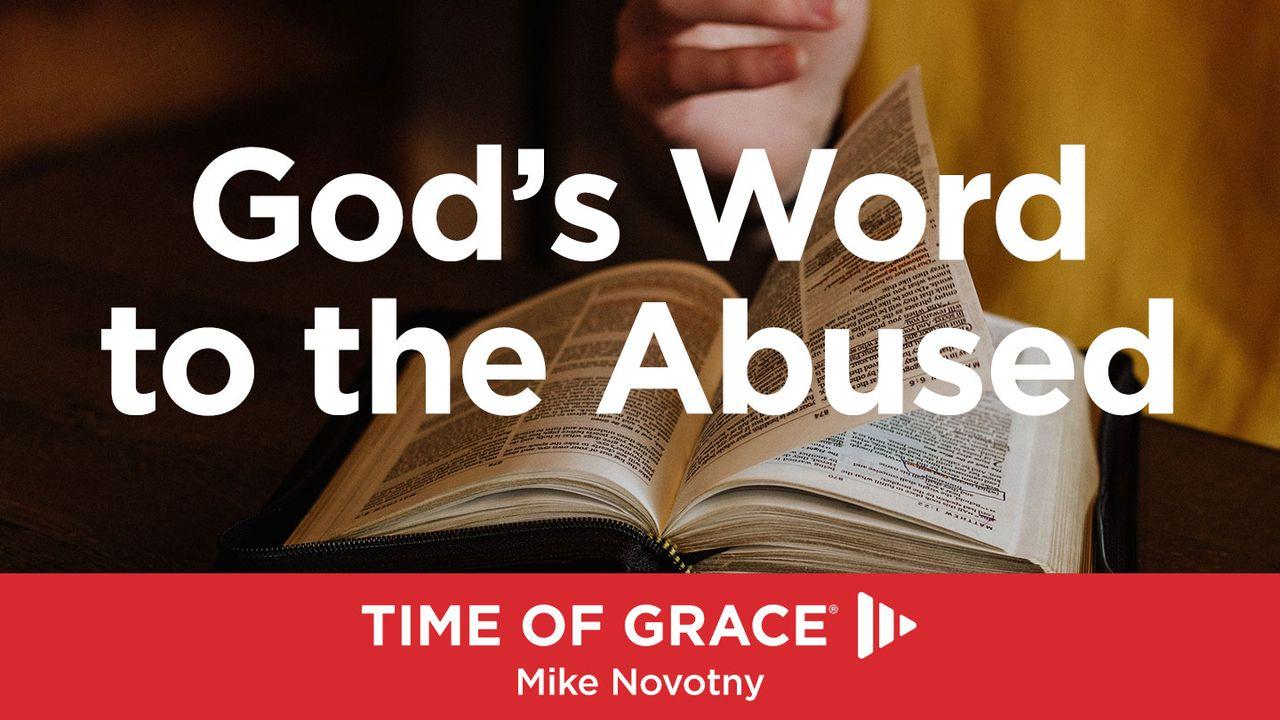Informacje o planie
God's Word To The AbusedPrzykład

Abuse is not your fault
As I prepared a series of messages on the topic of abuse, I sent my first drafts to a woman I knew who specialized in domestic violence, hoping to speak more accurately and helpfully to those who had suffered trauma in their lives.
Her feedback was priceless. In particular, I remember her saying that one of the most important things for victims to hear is, “It’s not your fault.” Abusive people have a way of finger-pointing and blame shifting, convincing us that if only we hadn’t _______, they wouldn’t have hurt us. It’s sick, but it’s common. And it’s a key way that abuse continues for months or years on end.
So let me be as clear as my colleague encouraged me to be— It’s not your fault. Your sin is your fault, but their sin is not your fault. It’s their fault. Read that last sentence again. Say it out loud until you believe it in your heart. It’s not your fault.
When Jesus taught, “If anyone causes one of these little ones—those who believe in me—to stumble,” he didn’t go on to blame the little children for the grown-ups’ sins (Matthew 18:6). Why not? Because the sin wasn’t their fault.
Healing from abuse is hard enough. So please believe the voice of the One who loves you. Abuse is not your fault.
Pismo Święte
O tym planie

Abuse is not a comfortable topic, but it’s a necessary one. There are many things God says in response to the tragedy of abuse, but we must start with this: God is here.





